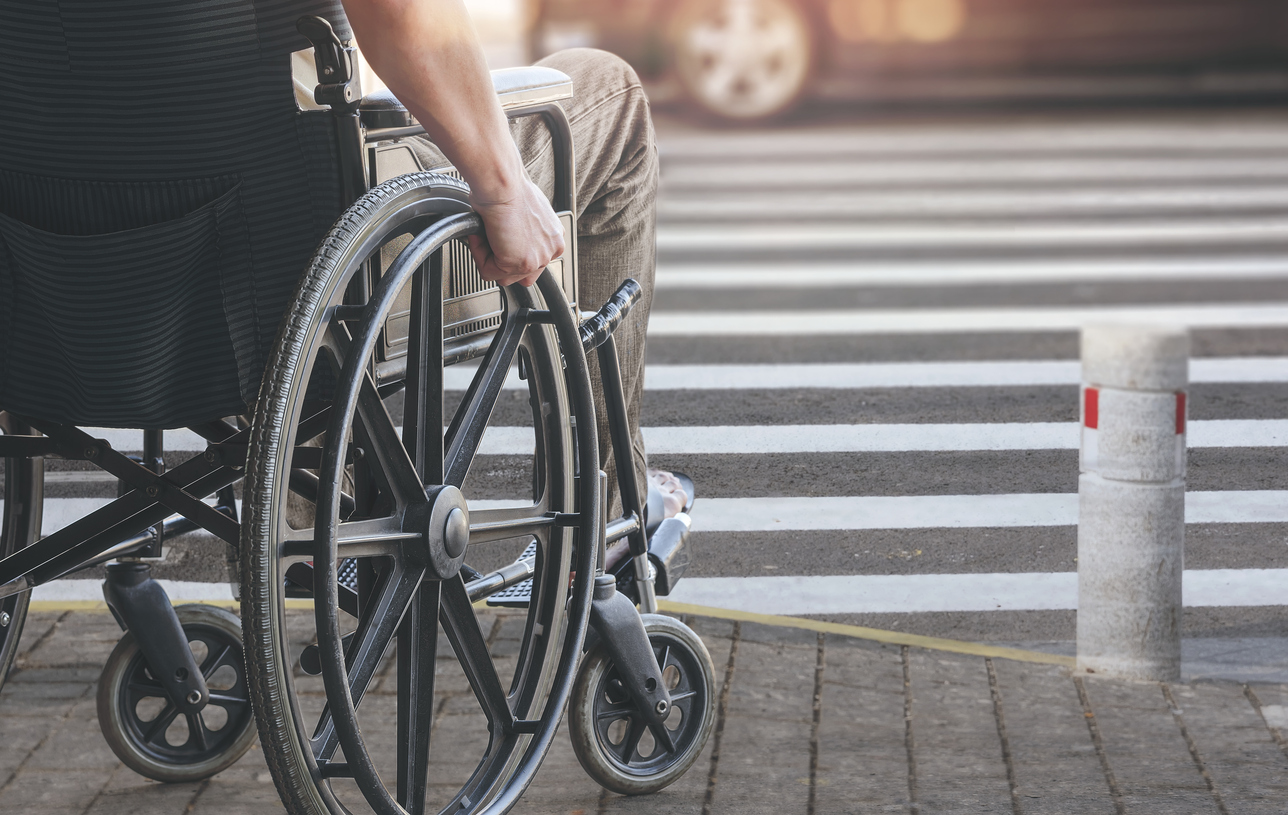What Are the Top 10 Disabilities?
May 2, 2024 | Social Security Disability

If you wonder about the most common disabilities in the U.S., the Social Security Administration has the answers. The SSA’s 2022 Annual Statistical Report on the Social Security Disability Insurance Program identifies ten classifications or groups of disabilities that affect recipients of benefits most frequently.
These disabilities are:
1. Musculoskeletal System Disorders
Musculoskeletal disorders affect the bones, muscles, and ligaments. These conditions can impact one’s ability to move about freely and could lead to slip and fall accidents. Arthritis, fibromyalgia, and degenerative disc disease are all examples of musculoskeletal disorders.
Approximately 13.6% of Social Security Disability Insurance (SSDI) recipients have this type of disability.
2. Circulatory System Disorders
The circulatory system includes arteries and veins that move blood from the heart to the rest of the body and back again. This system’s functioning is adversely affected by conditions such as a stroke, heart attack, and peripheral artery disease. The SSA’s statistics show that 11% of people on SSDI receive benefits because of a circulatory system disorder.
3. Neoplasms
Over 13% of SSDI beneficiaries have a neoplasm or tumor. Such a growth may or may not lead to cancer. However, even if not cancerous, a neoplasm can grow and spread, impacting other organs and parts of the body.
4. Damage To the Nervous System and Sensory Organs
The nervous system, which consists of your brain, spinal cord, nerves, and associated organs, can be damaged by conditions like meningitis, polio, and multiple sclerosis. At least 9.5% of those who receive SSDI have this type of disability.
5. Depressive and Bipolar Disorders
Mood disorders like depression and bipolar disorder impact a person’s emotions. They may cause a person to feel irritable, overwhelmingly sad, or anxious. These distorted emotions can make it difficult for individuals to go about their daily lives. Just under 4% of SSDI recipients have a mood disorder.
6. Neurocognitive Disorders
These disabilities impact brain function and can lead to psychological or behavioral issues. Individuals are not able to process information correctly. About 2.5% of SSDI recipients have one of these disorders. Amnesia, Alzheimer’s, and dementia are common examples of neurocognitive disorders.
7. Schizophrenia and Psychotic Disorders
A psychotic disorder like schizophrenia and delusions impacts a person’s ability to perceive reality. This, in turn, makes it challenging for the person to hold down a job, have friends, or take care of one’s self. At least 10% of SSDI beneficiaries have a disorder like this.
8. Intellectual Disorders
Individuals with intellectual disorders make up 1% of all SSDI recipients. Individuals with conditions like Down syndrome, fetal alcohol spectrum disorder, and fragile X syndrome all have varying degrees of difficulty in learning, communicating, and remembering information.
9. Autism and Developmental Disorders
Fewer than 1% of SSDI beneficiaries have autism or related developmental disorders. Autism can make it difficult to communicate with others or engage in social situations, while developmental disorders present challenges to everyday functioning.
10. All Other Disabilities
The remaining 19.5% of SSDI recipients have some other disability or trauma that does not fit neatly into these categories.
Americans Are Impacted By a Variety of Conditions
The SSA’s Annual Report reveals that Americans who suffer from some disability are a diverse group with conditions that impact them in varied ways. Some of these conditions are lifelong disabilities, while others might develop later in life and be related to lifestyle. Still, other conditions are the result of injuries, accidents, or other trauma.
Contact the Social Security Disability Lawyers In Pennsylvania at Marzzacco Niven & Associates For Legal Help With Your Case Today
If you’ve been injured and need a social security disability lawyer, please contact Marzzacco Niven & Associates at the nearest location to schedule a free consultation today:
Harrisburg Law Office
945 East Park Drive, Suite 103 Harrisburg, PA 17111
(717) 231-1640
York Law Office
2550 Kingston Road, Suite 210A York, PA 17401
(717) 995-8998
Wyomissing Law Office
833 N. Park Road, Suite 103, Room A Wyomissing, PA 19610
(717) 388-2325
Chambersburg Law Office
79 St. Paul Drive, Suite 1 Chambersburg, PA 17201
(717) 388-2378
Carlisle Law Office
354 Alexander Springs Road Carlisle, PA 17015
(717) 995-8732
Carbondale Law Office
30 Lincoln Avenue, Suite 101 Carbondale, PA 18407
(717) 995-8810
Lancaster Law Office
2173 Embassy Drive, Ste 123, Lancaster Pa 17603
(717) 616-2954
Lebanon Law Office
937 Willow Street, Suite D Lebanon, PA 17042-1140
(717) 995-8963
